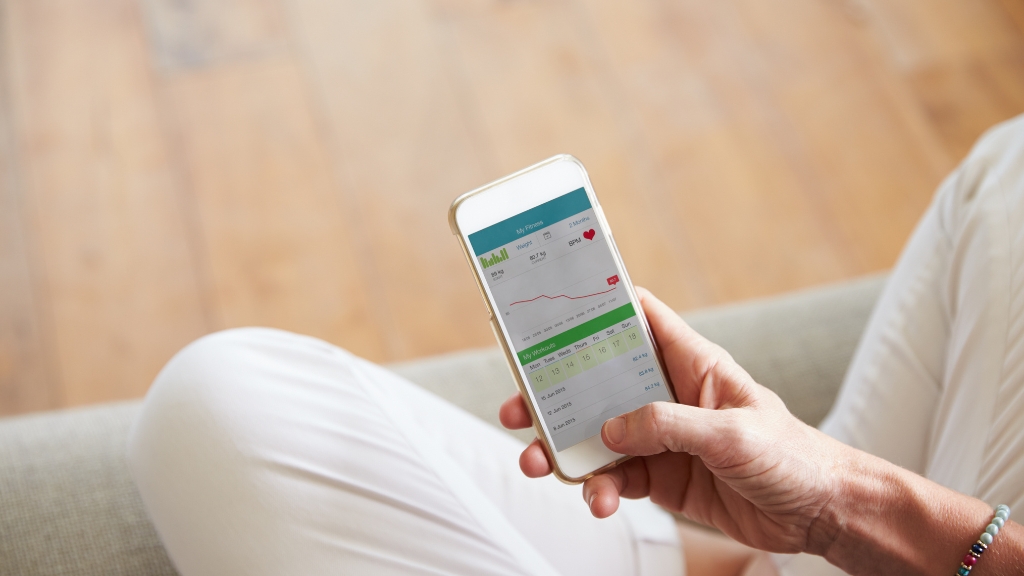
Digital Health Solutions: How Apps Are Reshaping Healthcare
Introduction
In recent years, digital health solutions have transformed the healthcare landscape. Among the most significant innovations are health apps, which offer a range of benefits from managing chronic conditions to enhancing overall well-being. These digital tools are not only making healthcare more accessible but also paving the way for more personalized and efficient care.
The Rise of Health Apps
Health apps have seen a tremendous surge in popularity due to their convenience and the increasing demand for digital health solutions. From tracking daily physical activity and monitoring heart rates to managing mental health and medication reminders, these apps cater to diverse health needs. They empower users to take control of their health with data-driven insights and real-time feedback.
Benefits of Health Apps
- Accessibility and Convenience: Health apps provide users with immediate access to health information and services. They eliminate the need for frequent clinic visits, making healthcare more accessible, especially for those in remote or underserved areas.
- Personalized Health Management: Many health apps use algorithms to tailor recommendations based on individual health data. This personalization helps users manage chronic conditions more effectively and stay on top of their health goals.
- Improved Patient Engagement: By offering tools such as reminders and educational resources, health apps increase patient engagement. This leads to better adherence to treatment plans and improved health outcomes.
- Data Collection and Analysis: Health apps collect valuable data that can be used for research and analysis. This data helps healthcare providers and researchers identify trends and improve treatment strategies.
Challenges and Considerations
While health apps offer numerous benefits, there are also challenges to consider. Privacy and security of personal health data are major concerns. Ensuring that apps comply with regulations and safeguarding user information are crucial. Additionally, the effectiveness of some apps can vary, so it’s important for users to choose apps that are vetted by healthcare professionals.
The Future of Health Apps
The future of health apps looks promising with ongoing advancements in technology. Integration with wearable devices, artificial intelligence, and machine learning will enhance the capabilities of health apps, providing even more precise and actionable health insights. As technology evolves, so too will the potential of these digital health solutions to revolutionize healthcare delivery.
Conclusion
Health apps are revolutionizing the healthcare industry by making health management more accessible, personalized, and data-driven. As these digital health solutions continue to advance, they hold the potential to further transform how we approach healthcare, making it more efficient and patient-centered.
Leave a Reply
- AI in Diagnostics: Revolutionizing Early Detection and Accuracy
- How AI and Advanced Analytics Are Transforming Healthcare Outcomes
- Investing with Confidence: The Role of ROI Calculators
- How ROI Calculators Drive Data-Driven Business Strategies
- The Ultimate Guide to ROI Calculators for Business Success
- Making Sense of ROI Calculators: A Comprehensive Guide
- June 2025 (1)
- May 2025 (1)
- October 2024 (2)
- September 2024 (31)
- August 2024 (31)
- July 2024 (27)
- June 2024 (28)
- May 2024 (30)
- April 2024 (33)
- March 2024 (23)
- February 2024 (29)
- January 2024 (3)
- December 2023 (47)
- November 2023 (36)
- October 2023 (23)
- September 2023 (2)
- June 2023 (2)
- May 2023 (13)
- April 2023 (1)




